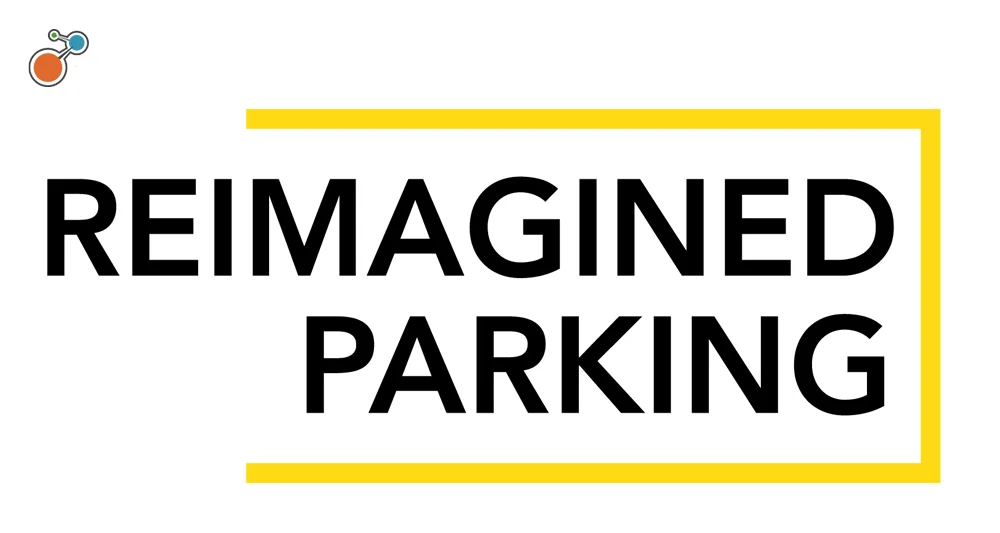Reimagined Parking was at the spot where it needed to replace its disjointed means of managing claims with the structure and consistency necessary to understand the true cost of claims to the business.
Challenge
Reimagined Parking is one of the largest North American parking management companies with more than 3,000 locations across the U.S. and Canada. The company also offers shuttle services for airports and universities, valet services for restaurants and hospitals, and other parking-related services.
The organization is comprised of multiple parking companies, each of which had its own system for handling claims and tracking financials. At the time, claims could not be linked to specific locations, which limited visibility into incident trends. And the company had no data feed to the TPA.
“We couldn’t see what was really going on,” recalls Jeff Hauf, senior director of claims for Reimagined Parking. “We were unable to see how many claims we had in the last quarter or if our ultimate loss for each policy year was correct. We could definitely see all sorts of areas where there were inefficiencies.”
Reimagined Parking wanted to get all claims data and processes together into one place, so it could understand its claims and address its risks. And the ambitious goal was to get the new system in place in less than five months.
Solution
Reimagined Parking selected Riskonnect’s RMIS to manage its incidents and claims across all entities. The system tracks four types of claims – auto liability, general liability, workers’ compensation, and garage keepers. The company also uses the system to track the status of associated litigation and perform safety audits.
The field team submits claims via an online portal into an easy-to-follow intake form. Each submission is authenticated by employee ID and email. A direct link to the company’s HR system pulls in relevant information, which is then used to prepopulate the form.
New guidelines were created to identify which incidents can be closed with minimal investment, which should convert to claims, and which need a full investigation. The software also automatically relates each incident to the right entity and assigns tasks. And a two-way data feed was established with its TPA in the U.S. and Canada to improve transparency.
“Having the integrity of the data coming through from our locations and HR data feeds is especially important for a company like us with multiple entities and different accounting systems and claims costs,” notes Hauf.
To boost accountability and shorten response time, the system flags reports filed more than three days after the incident. It also flags claims open for more than 15 days for follow-up.
Results
Riskonnect was up and running within the five-month timeframe – and Reimagined Parking has reduced claim volume by nearly 34% in just this past year.
“Anybody in the claims industry knows that the longer a claim is open, the more costly it is,” says Hauf. “With Riskonnect we now have a more efficient claims intake process and quicker triaging, helping to reduce claims duration and expenses.”
Once an incident is reported, the claims team can easily access relevant documentation – such as notes, photos, and videos – assign reserves, triage incidents, and evaluate whether the claim should involve the TPA. “This has saved us hundreds of thousands of dollars each year in TPA fees.” notes Hauf.
The Riskonnect-TPA data feed also revealed that the TPA was miscoding hundreds of claims. “That’s important because coverages have different deductibles and different retentions,” he explains. “Ultimately, we’re capturing when we settle claims, how well we negotiated that claim, how much we reduced the estimate of a damaged vehicle, and how much we reduced attorney demands.”
He adds: “You’ve got to see the financial picture. That also shows the claims team the impact we’re making with our own abilities.”
To strengthen insight and alignment, Hauf streamlined the way key operational and claims data is presented to the company. “This initiative gives leaders the insight to ensure accountability at the frontline, while supporting strategic decision-making at the enterprise level,” he says. “We can now identify claims at locations and regions to address corrective actions.”
Armed with that intelligence, the company has established a corrective and preventive action (CAPA) program, which has completed numerous audits in the past six months. “Any time there’s an audit where somebody doesn’t score 100%, it highlights an opportunity for improvement that needs to be addressed,” says Hauf.
Reimagined Parking is leveraging claims data to drive safety enhancements and inform decision-making across its portfolio. “By analyzing incident trends and associated costs, we can identify where operational improvements are needed to enhance safety and customer experience,” he explains. “This also helps us understand how claims impact the overall performance of each location, allowing us to work collaboratively with partners to adjust operations, revisit contract terms, or – in rare cases – reassess long-term viability when no practical solutions are available.”
“We wouldn’t have been able to do any of this without the flexibility of the solution,” says Hauf.
“The way I like to explain it is that previously, we were in dark ages. With Riskonnect, we are now in the golden age.”
For more on risk management information systems, download our ebook, Top 5 RMIS Tools, and check out Riskonnect’s RMIS software solution.




